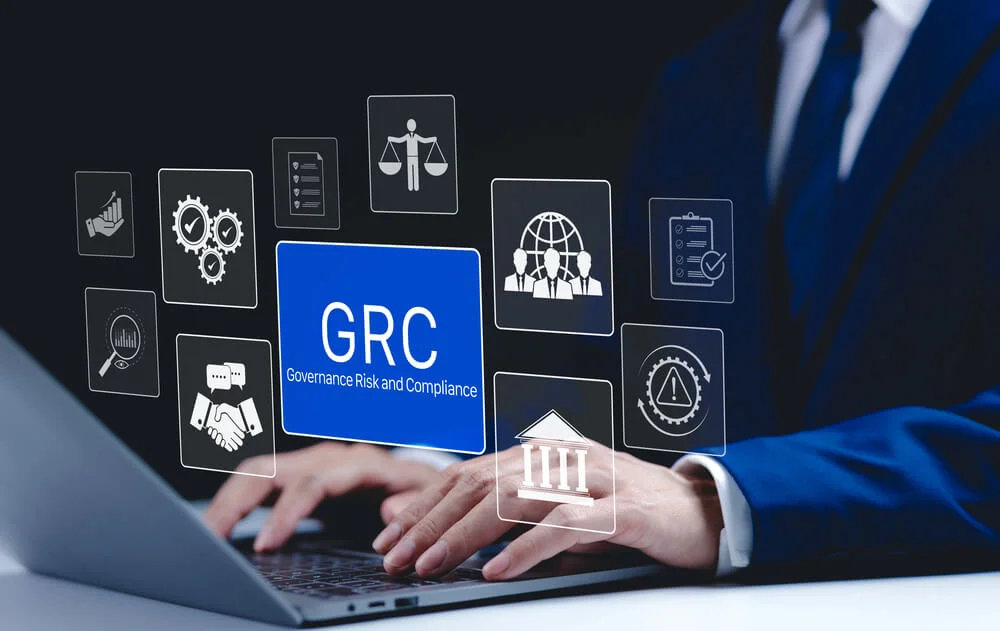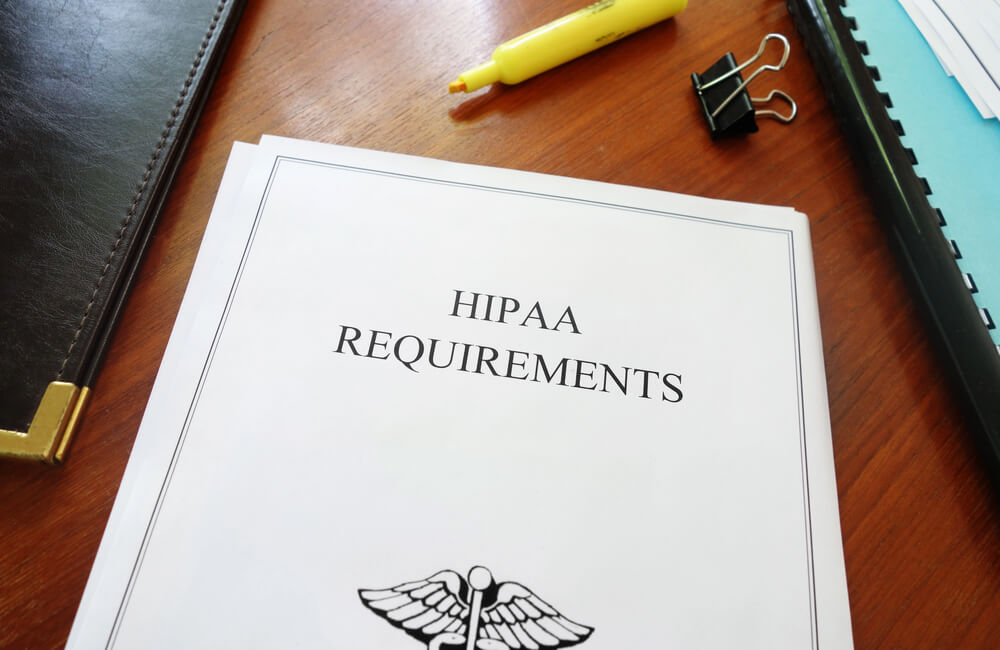Why Data Security in Healthcare Matters
Today’s technology helps facilitate record-keeping and sharing in the medical world. However, it also gives criminals easier access. Healthcare institutions are often the most vulnerable to cyberattacks due to the sensitive nature of the information stored and the lack of implementation of adequate security measures. Strict data security in healthcare settings is vital.

What Is Data Security in Healthcare?
Data security is a combination of safety measures put in place to help safeguard patient data. It includes analyzing internal and external potential threats and developing adequate solutions, including:
- Data encryption
- Multi-factor authentication for apps
- Staff education and raising awareness
- Anti-virus and anti-malware programs
- Data access levels
- HIPPA-compliant system software
Some companies invest in information security and compliance platforms to help ensure that their security measures are adequate and compliant with healthcare-specific cybersecurity frameworks.
Why Is Healthcare Data Targeted More Often?
Criminals target healthcare organizations more often because the information stored in their systems is extensive and extremely valuable. Not only do healthcare software systems contain personal information, but they also have health details, insurance data, bank account and credit card information, and social security numbers.
Due to the quantity and quality of the information obtained from healthcare systems, stolen health records cost more than 10 times the cost of a stolen credit card number on the black market.
Why Implement Data Security in Healthcare?
Not only are breaches in healthcare systems dangerous for patients, they include serious consequences for medical facilities and organizations.
Government Penalties
HIPAA’s strict rules governing the security of patient information also include penalties for institutions and organizations that don’t keep patient data safe. HIPPA penalties range from $60,000 to $1.5 million and up to 10 years in jail.
Lawsuits and Other Costs
Settlements and lawsuits are highly likely to occur after healthcare data breaches, especially if patients are adversely affected. The healthcare industry spends more than 9 million dollars per incident to contain a data breach.
Harm to Reputation
Data security in healthcare is essential to the continued success of any medical organization. When a data breach occurs, it is difficult for patients, the community, and other healthcare organizations to trust in your services again.
Interference With Patient Care
Ransomware attacks can inhibit access to medical records and essential medical devices. Hackers can alter data and steal identities. This impacts the level of care that can be given to patients.
What Are the Main Risks to Patient Data?
The most significant risks to healthcare data are:
- Email scams and viruses
- Hacktivism and ransomware
- User errors
- Misuse and theft of data by vendors, employees, or former employees
- Poor network security, especially when using apps and cloud technology
- Use of legacy technology
Taking steps to adequately protect and ensure the safety of healthcare data systems and software is critical.

What Is the Best Way To Ensure Data Security in Healthcare?
While it may not be possible to achieve 100% data security, by implementing modern cybersecurity measures, healthcare organizations can detect, contain and resolve threats more quickly. An excellent way to ensure data security in healthcare is to utilize services that analyze and implement effective security measures. Here at Compyl, we specialize in data security and compliance and would love to discuss what we can do to help you protect patient data. Contact us here




